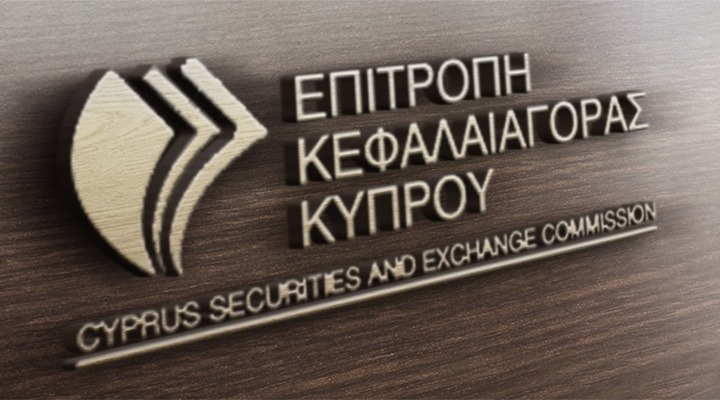The Cyprus Securities and Exchange Commission (CySEC) has detected new cases of individuals and fake websites impersonating its officers, representatives and the legal website. The Cypriot financial markets regulator announced on Tuesday that these cases “are part of a sophisticated online campaign to defraud investors.”
Therefore, CySEC warned investors to be extra vigilant of imposters soliciting fees in exchange for the settlement of bogus compensation claims related to firms under its supervision. The watchdog emphasized that it never sends unsolicited messages to investors or members of the public. It added that it does not demand personal financial data or otherwise.
Scam Methods
According to CySEC, the recent cases of impersonation took various forms, including fraudsters claiming to be CySEC officers or appointed representatives of the regulator such as legal advisors. Some of them pretended to be from other real or fake Cypriot supervisory authorities.
“The scammers contact clients of CySEC-regulated entities, often via emails and sometimes by telephone, which appear genuine and include the name, address, official stamp and logo of CySEC, fraudulently copying CySEC officials’ signatures,” CySEC explained.
Another form the fraudsters take, the market supervisor warned, is by pretending to be assisting investors in regaining their compensation claims from deals they may have had with legal firms. These are typically online trading firms that offer speculative investment products, CySEC noted, adding that “through these preliminary contacts, the fraudsters illegally obtain additional personal information.”
Fake Websites
In a separate statement on Tuesday, CySEC disclosed that it has identified five fake websites impersonating its original site. These websites include cysec-regulatory.com, www.cysecsupport.online, www.cysec-support.online, www.cysecgov.com and www.cysecs.group.
“CySEC does not authorize, verify, monitor, nor is it in any way involved in class actions, compensation schemes, payments between natural or legal entities or any public or private agencies,” CySEC said. In addition, the regulator urged investors to confirm the authenticity of whatever message that purportedly originates from them through the email, info@cysec.gov.cy, before taking any action.
Previous Cases
In April, CySEC issued a similar warning, noting that fraudsters were presenting themselves as CySEC officers or representatives. These scammers are targeting investors, trying to solicit them for fees in exchange for the settlement of bogus compensation claims, the regulator said.
Last year, CySEC detected a fake website, www.cysec.gov.cy, that was hosted in India and was impersonating its original site. The regulator noted that the fake site illegally copied contents from its website, thereby giving a false impression that it was real.


















